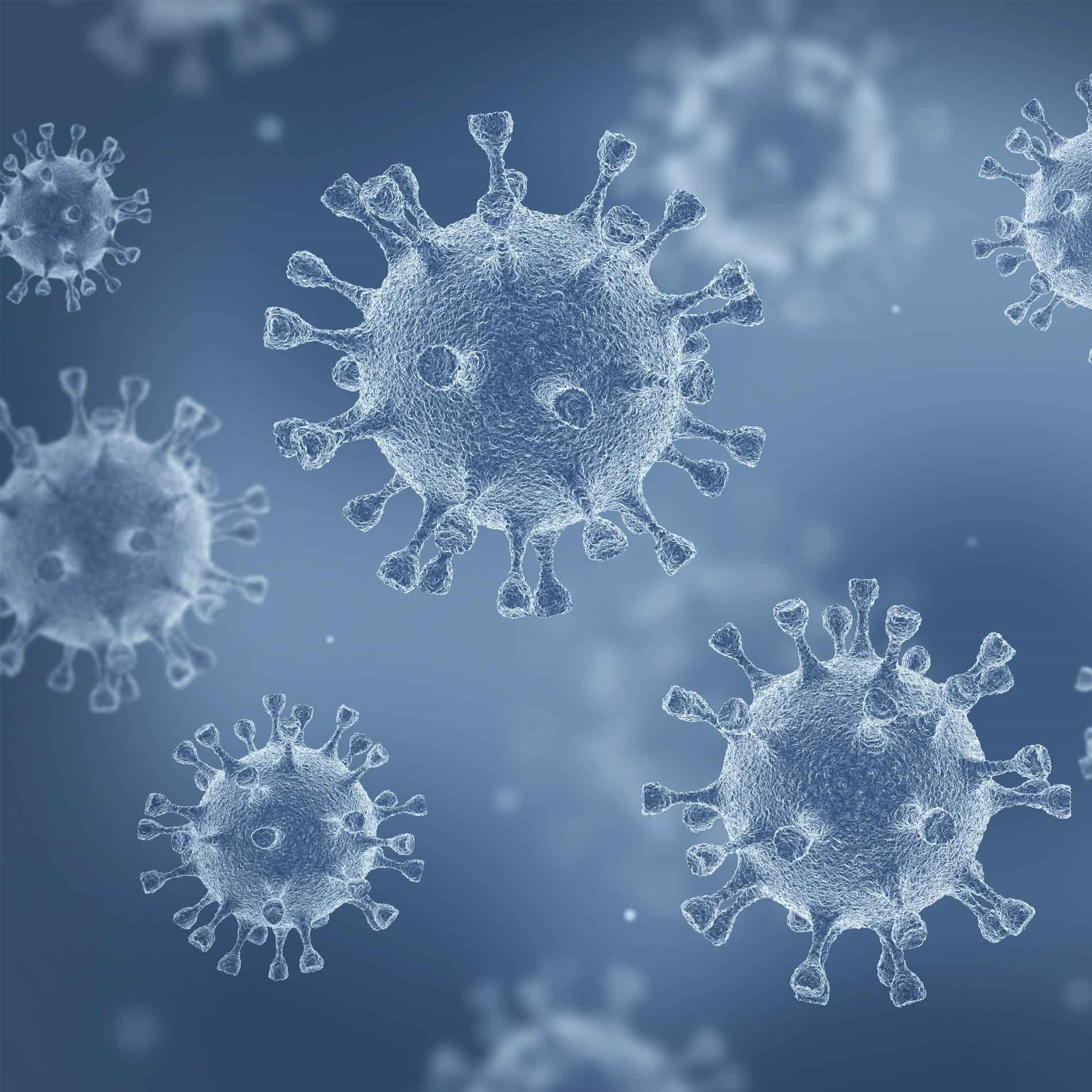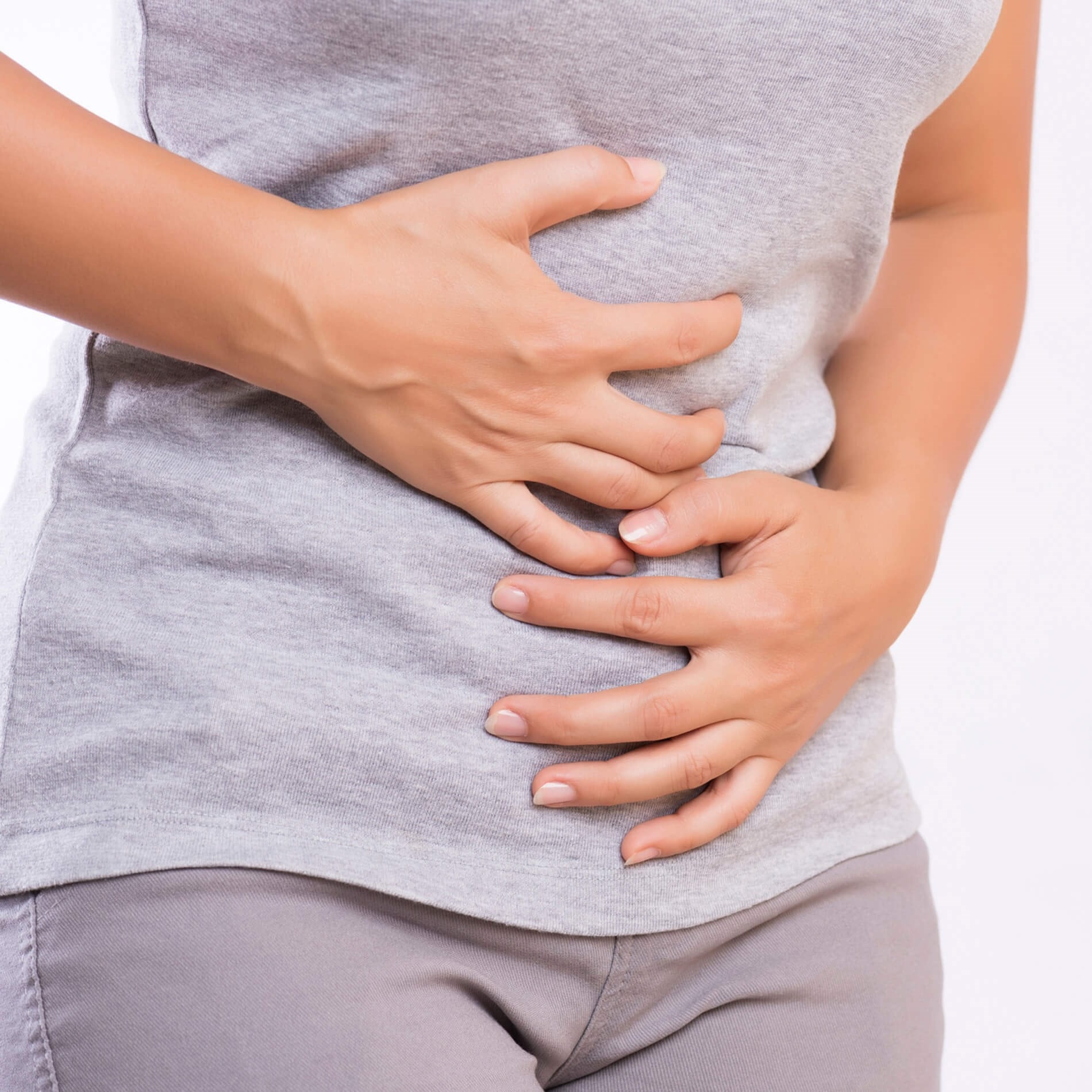Could probiotics help with OCD?
OCD, or obsessive-compulsive disorder, is one of the most common mental health conditions worldwide. Approximately 1-2% of the population are affected at some point in their lives1. This chronic, debilitating condition can be difficult to manage and can significantly impact daily functioning and wellbeing2. As the mechanisms behind the development of OCD are still not completely understood, research in this area continues to shed light on the intricacies of this complicated condition – cue the gut microbiome. A connection has been postulated to exist between the gut microbiome and OCD, along with other mental health conditions such as depression and anxiety3. Read on to delve into the research to date behind this relationship.
Within this article:
To learn more about the basics of the gut microbiome, you may first like to read All About The Microbiome on the Probiotics Learning Lab.
What is OCD?
Obsessive-compulsive disorder is a mental health condition in which individuals experience obsessive thoughts or compulsive behaviours, or a combination of both. Obsession includes repetitive, distressing rumination usually around a specific theme such as cleanliness. Compulsions include urgent, repetitive actions undertaken to dissipate the intense anxiety raised by the obsessive thoughts4; for example, handwashing or checking that the door is locked.
OCD is often misrepresented in the media which undermines the extent of the impact this condition can have on the individual’s quality of life5. Although the cause is not fully understood, genetic, neurobiological, and environmental factors are all thought to contribute to the development of OCD.

The gut microbiome and OCD
A bidirectional relationship exists between the gut and the brain through what is known as the gut-brain axis. In other words, our gut health impacts our mental health, and vice versa. The gut microbiome plays a fundamental role in influencing mental health through its effects on immune activation and neuro-endocrine responses6. To learn more, read the article Gut-Brain Axis and Probiotics on the Probiotics Learning Lab.
The gut microbiome is thought to affect symptoms of OCD in a similar manner7. It has been suggested that inflammation can be a contributing factor in the development of OCD symptoms8. Raised pro-inflammatory cytokines (chemical messengers) have been detected in some individuals with OCD when compared with healthy controls9. Dysbiosis (an imbalance in the composition of the gut microbiota) has also been associated with inflammation in OCD. Reduced diversity in the composition of the gut microbiome was found in individuals with OCD along with raised CRP levels, a marker of inflammation10. The gut could potentially be a source of this inflammation, as in ‘leaky gut’. Dysbiosis can lead to increased intestinal permeability or ‘leaky gut’, allowing the translocation of bacterial components and other substances through the lining of the gut, which can subsequently stimulate systemic inflammation11.
A healthy gut microbiome plays a fundamental role in maintaining intestinal epithelial integrity. HPA axis activation, the body’s neuroendocrine system which responds to stress, can also lead to dysbiosis which in turn can lead to inflammation as previously outlined12.
Probiotics for OCD
To date, there have been very few human studies released assessing the effects of probiotics alone on the symptoms of OCD. However, several notable preclinical animal studies have been published which may pave the road for future clinical studies. OCD-like symptoms can be induced by certain drugs in mice. The development of obsessive tendencies, in response to an OCD-inducing drug, was hampered in mice who were administered one billion CFU of the probiotic Lactobacillus rhamnosus GG® daily for at least two weeks, compared with placebo13. Lactobacillus rhamnosus GG® was shown to elicit similar reductions in OCD-like behaviours compared with the SSRI, fluoxetine, often used for OCD. Learn more about the research behind Lactobacillus rhamnosus GG®.
In a similar animal study, behavioural assessments demonstrated an improvement in OCD symptoms in rats with drug-induced OCD when administered 1 billion of Lactobacillus casei Shirota daily for four weeks, compared with placebo14. Learn more about the research behind Lactobacillus casei Shirota.
Of note, there is an ongoing clinical trial assessing the effects of Bifidobacterium longum Rosell-175 and Lactobacillus acidophilus Rosell-52 on OCD symptom severity, in 64 individuals diagnosed with OCD, when administered daily over 12 weeks15. The results of this trial are due to be published later this year. Bifidobacterium longum Rosell-175 and Lactobacillus acidophilus Rosell-52 have already been recognised for their effects on mental wellbeing16. Learn more about this research by reading Two probiotic strains for mental health.
This research behind the role of probiotics in OCD, although promising, is in its early days; more extensive research is required before the use of probiotics can be used in the clinical management of OCD.
Key points covered in this article
- OCD (obsessive-compulsive Disorder) is a common mental health condition that can significantly impact the individual’s quality of life.
- There is an established connection between the gut microbiome and mental health, via the gut-brain axis.
- The gut microbiome may influence the expression of OCD symptoms through the effects of the gut microbiome on inflammation, HPA axis activation and interference with neurotransmitter signalling.
- Some promising probiotic strains for OCD include Lactobacillus rhamnosus GG®, Lactobacillus casei Shirota, Bifidobacterium longum Rosell-175 and Lactobacillus acidophilus Rosell-52.
- Further extensive clinical research is required before specific probiotic strains can be recommended for use in managing the symptoms of OCD.
Healthcare professionals may also like to read:
Pregnancy and mental health
NHS recommends probiotics for mental health
References
- Fawcett EJ, Power H, Fawcett JM. Women are at greater risk of OCD than men: A meta-analytic review of OCD prevalence worldwide. J Clin Psychiatry. 2020;81(4). doi:10.4088/JCP.19r13085
- Ruscio AM, Stein DJ, Chiu WT, Kessler RC. The Epidemiology of Obsessive-Compulsive Disorder in the National Comorbidity Survey Replication. Mol Psychiatry. 2010;15(1):53-63. doi:10.1038/mp.2008.94.The
- Halverson T, Alagiakrishnan K. Gut microbes in neurocognitive and mental health disorders. Ann Med. 2020;52(8):423-443. doi:10.1080/07853890.2020.1808239
- NIMH » Obsessive-Compulsive Disorder. https://www.nimh.nih.gov/health/topics/obsessive-compulsive-disorder-ocd/index.shtml. Accessed February 10, 2021.
- Jahangard L, Fadaei V, Sajadi A, et al. Patients with OCD report lower quality of life after controlling for expert-rated symptoms of depression and anxiety. Psychiatry Res. 2018;260:318-323. doi:10.1016/j.psychres.2017.11.080
- Carabotti M, Scirocco A, Maselli MA, Severi C. The gut-brain axis: interactions between enteric microbiota, central and enteric nervous systems. Ann Gastroenterol. 2015;28(2):203-209. http://www.ncbi.nlm.nih.gov/pubmed/25830558. Accessed April 20, 2018.
- Larkin D, Colin R. Martin. Probiotics in Mental Health. Chapter “Probiotics and Obsessive-Compulsive Disorder.”; 2018. https://books.google.ie/books?hl=en&lr=&id=f9tdDwAAQBAJ&oi=fnd&pg=PT152&dq=probiotics+and+OCD&ots=SzrgtOgMS6&sig=1tPHdB7SJuFl7genNoDjIdfaowo&redir_esc=y#v=onepage&q=probiotics and OCD&f=false. Accessed February 8, 2021.
- Turna J, Grosman Kaplan K, Anglin R, Van Ameringen M. “What’s bugging the gut in OCD?” A review of the gut microbiome in Obsessive-Compulsive DISO. Depress Anxiety. 2016;33(3):171-178. doi:10.1002/da.22454
- Rao NP, Venkatasubramanian G, Ravi V, Kalmady S, Cherian A, Yc JR. Plasma cytokine abnormalities in drug-naïve, comorbidity-free obsessive-compulsive disorder. Psychiatry Res. 2015;229(3):949-952. doi:10.1016/j.psychres.2015.07.009
- Turna J, Grosman Kaplan K, Anglin R, et al. The gut microbiome and inflammation in obsessive-compulsive disorder patients compared to age- and sex-matched controls: a pilot study. Acta Psychiatr Scand. 2020;142(4):337-347. doi:10.1111/acps.13175
- Kelly JR, Kennedy PJ, Cryan JF, Dinan TG, Clarke G, Hyland NP. Breaking down the barriers: The gut microbiome, intestinal permeability and stress-related psychiatric disorders. Front Cell Neurosci. 2015;9(OCT). doi:10.3389/fncel.2015.00392
- Farzi A, Fröhlich EE, Holzer P. Gut Microbiota and the Neuroendocrine System. Neurotherapeutics. 2018;15(1):5-22. doi:10.1007/s13311-017-0600-5
- Kantak PA, Bobrow DN, Nyby JG. Obsessive-compulsive-like behaviors in house mice are attenuated by a probiotic (Lactobacillus rhamnosus GG). Behav Pharmacol. 2014;25(1):71-79. doi:10.1097/FBP.0000000000000013
- Sanikhani NS, Modarressi MH, Jafari P, et al. The Effect of Lactobacillus casei Consumption in Improvement of Obsessive–Compulsive Disorder: an Animal Study. Probiotics Antimicrob Proteins. 2020;12(4):1409-1419. doi:10.1007/s12602-020-09642-x
- Probiotic Treatment in Adult Obsessive-Compulsive Disorder - Full Text View - ClinicalTrials.gov. https://clinicaltrials.gov/ct2/show/NCT02334644. Accessed February 10, 2021.
- Messaoudi M, Violle N, Bisson J-F, Desor D, Javelot H, Rougeot C. Beneficial psychological effects of a probiotic formulation (Lactobacillus helveticus R0052 and Bifidobacterium longum RO175) in healthy human volunteers. Gut Microbes. 2011;24(August 2015):256-261. doi:10.4161/gmic.2.4.16108
Popular Articles
View all General Health articles-
Digestive Health09 Feb 2024
-
General Health19 Sep 2024


